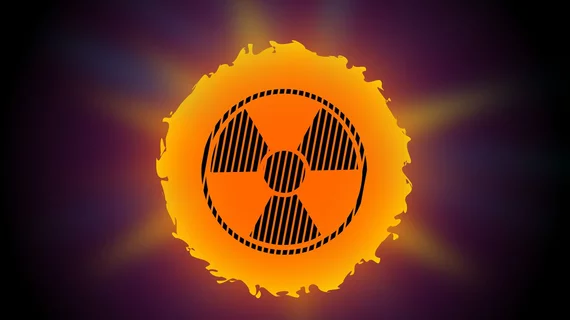Downed high-flux reactor could restart sooner than anticipated
The medical isotope shortage may be over sooner than expected, according to an update from the Nuclear Medicine Europe Emergency Response Team.
On October 30, NMEU shared that the downed high-flux reactor (HFR) in Petten, Netherlands could be restarted as soon as Monday, November 4—nearly one month after its planned restart. This will require regulatory approval, but that is expected to come by the end of this week.
NMEU also reported that the MARIA research reactor in Poland is also set to restart on Friday, November 1. It has been inactive recently while it underwent planned maintenance.
The announcement will come as welcome news, as nuclear medicine departments in numerous regions have been grappling with shortages of Mo-99 and Tc-99m—the most commonly utilized medical isotopes in the world. Many departments have had their usual supply cut in half while experts have worked to repair the HFR, and some have had to completely halt procedures involving the impacted isotopes while riding out supply disruptions.
The head of nuclear medicine at UZ Leuven—an academic hospital in Belgium—reported that although the department could continue most procedures in the interim, they could not maintain operations for more than a few weeks.
“A few weeks of reduced technetium supply is acceptable for some conditions, but this can't drag on,” Koen Van Laere, professor and head of the department at UZ Leuven, told a local news outlet “Patients needing cancer treatment can’t wait two months for an accurate diagnosis.”
Thankfully, it appears as though the planned restart of two HFRs will mitigate the supply disruptions. NMEU signaled that the supply chain could normalize as soon as next week.
“Assuming the return of both MARIA and HFR in the next six days, we anticipate that normal supply of Mo99 will be achieved by the beginning of the week of November 11, bringing shortages to an end,” the update states.

